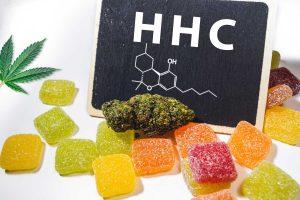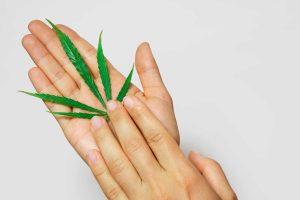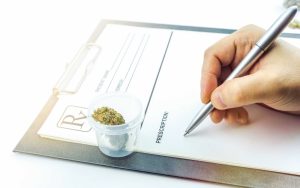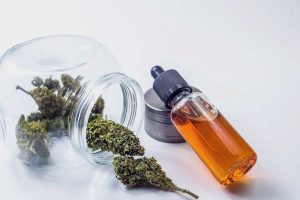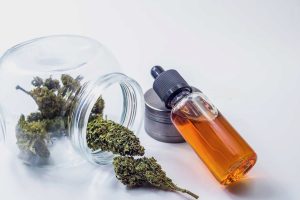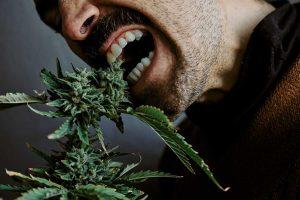MDMA And Depression
- Fact-checked by Dr. Desiree Granados

Recent research has pointed to a correlation between increased serotonin levels and decreased depression in people who use MDMA. It helps boost patients’ moods by stimulating the release of dopamine and oxytocin and lowering cortisol levels.
Further research may be necessary to determine whether MDMA is a safe and effective treatment for everybody suffering from depression, but the initial results have been promising. Read on to learn more about the relationship between MDMA and depression.
What is MDMA and What are its Effects on the Body?
MDMA, also known as ecstasy, is a synthetic drug that alters mood and perception. It is classified as a stimulant and a hallucinogen. MDMA is usually taken in pill form, and the effects can last for up to six hours.
MDMA can induce the following effects:
- Increased heart rate and blood pressure
- Dilated pupils
- Dry mouth
- Nausea
- Sweating
- Chills
- Blurred vision
- Confusion
- Paranoia
- Hallucinations
- Increased body temperature
- Tremors/shaking
- Muscle tension/tightening of jaw, face, and neck muscles
- Jaw clenching or teeth chattering
How is MDMA Used to Treat Depression?
MDMA is often used to treat depression because it increases the levels of serotonin, norepinephrine, and dopamine in the body. These neurotransmitters are often depleted in people with depression. MDMA also helps to increase feelings of well-being and pleasure.
Risks
There are some risks associated with using MDMA to treat depression. First, MDMA can be addictive, so it is possible to develop a dependence on the drug. Second, there are some risks associated with taking MDMA in combination with other medications.
For example, taking MDMA in combination with antidepressants can lead to serotonin syndrome, which is a potentially life-threatening condition. Finally, there is some evidence that suggests that MDMA can have negative effects on mental health and that it may increase the risk of developing depression or anxiety disorders.
Is MDMA Legal?
MDMA is not currently legalized for the treatment of depression in any country. A few studies have indicated that MDMA may be helpful for some people with depression, but more research is needed to confirm that claim.
Researchers are also looking into the potential benefits of MDMA as a treatment for other mental health conditions such as post-traumatic stress disorder (PTSD) and anxiety.
How to Seek Out MDMA Therapy
There are a few ways that you can seek out MDMA therapy if they are suffering from depression. The first way is to talk to your doctor about it. If your doctor is open-minded and willing to consider it as a treatment option, they may be able to refer you to a therapist who is experienced in providing MDMA therapy.
Another way to find a therapist who provides MDMA therapy is to search for one online. There are websites that list therapists who provide this type of therapy, and you can also find reviews of their practices.
Finally, you can also contact the Multidisciplinary Association for Psychedelic Studies (MAPS) and they will be able to help connect you with a therapist who provides MDMA therapy.
Conclusion
MDMA is a psychoactive drug that can be used to treat various mental health conditions, including depression.
Although MDMA has not been approved by the FDA for the treatment of depression, it may provide relief for some people who do not respond to traditional therapies. Further research is needed to confirm the safety and efficacy of MDMA-assisted therapy, but you can still undergo it if you’re willing to participate in research studies.
How we reviewed this article:
- MDMA for the treatment of mood disorder: all talk no substance?
https://www.ncbi.nlm.nih.gov/pmc/articles/PMC4502590/ - Change to classification of psilocybin and MDMA to enable prescribing by authorised psychiatrists
https://www.tga.gov.au/news/media-releases/change-classification-psilocybin-and-mdma-enable-prescribing-authorised-psychiatrists
Current Version
February 1, 2022
Written By
Jake Peter
Fact-checked By
Dr. Desiree Granados
Editorial Process
Our Editorial Process

Jake Peter received his journalism degree from Emerson College and has been writing content for the Sanctuary Wellness Institute since 2021. He is passionate about all things cannabis.

